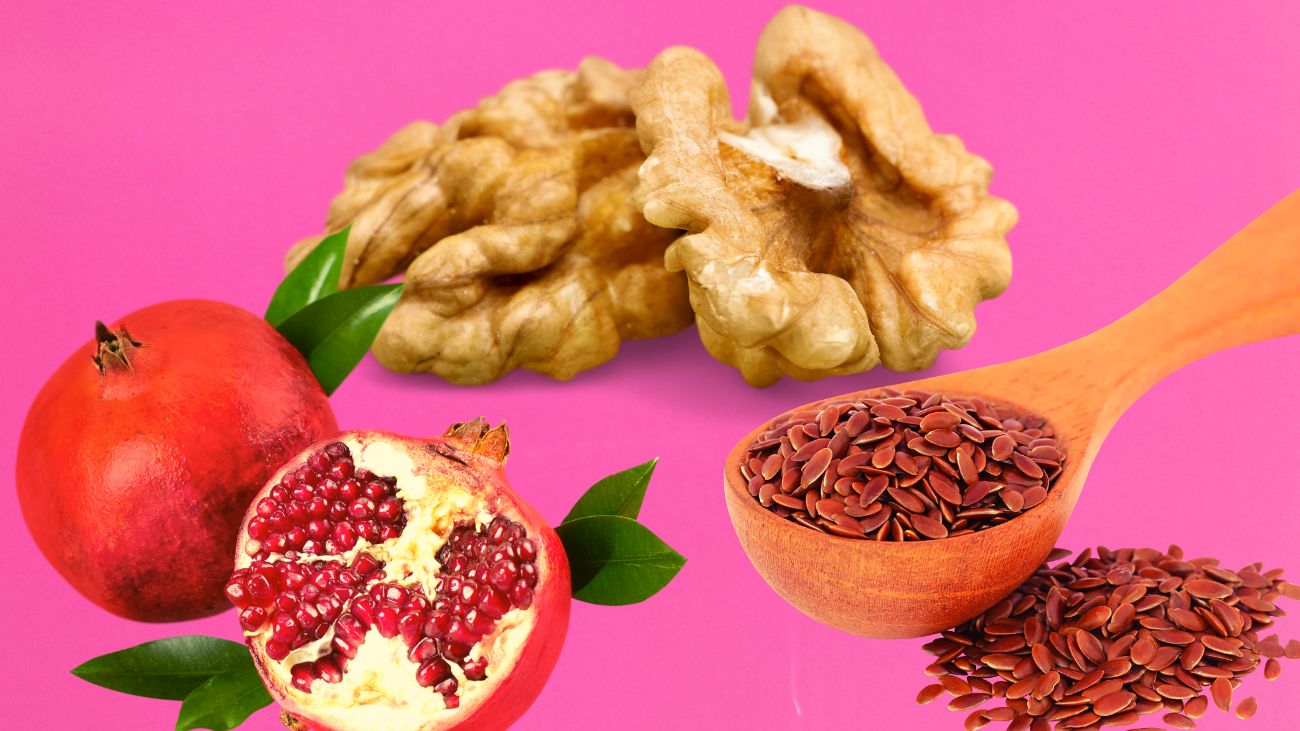Nature’s patterns connect elements of our world, as seen in the resemblance between certain foods and the organs they benefit, revealing intriguing connections.
Foods That Have A Very Interesting Look
Drawing inspiration from the ancient concept known as the Doctrine of Signatures, we explore three fascinating foods that bear striking similarities to specific organs.
While modern medicine may view this approach as metaphorical, scientific research continues to uncover intriguing connections between these foods and their potential healing properties.
Pomegranate
The vibrant pomegranate, with its deep red hue and clustered seeds, bears a striking resemblance to the epithelial tissue that lines our bodies. This fruit has been studied extensively for its regenerative properties and its ability to enhance blood health.
A study published in the Journal of Applied Physiology, Nutrition, and Metabolism found that consuming pomegranate extract before exercise improved blood vessel diameter and increased blood flow.
Additionally, pomegranates, known as symbols of fertility, share hormonal similarities with human ovaries and have shown potential in menopause treatment.
Flaxseed
Flaxseeds possess a remarkable similarity to the epithelial tissues they can benefit from.
These tiny seeds, mucilaginous in nature, resemble the slippery and protective mucus coat known as the glycocalyx found in our body’s epithelial tissues.
Flaxseeds have been valued for centuries in Ayurvedic medicine for their healing properties, including skin health, fatigue-fighting abilities, and potent anti-inflammatory effects. Scientific research has also demonstrated their therapeutic value in various conditions such as obesity, bowel disease, diabetes, kidney disease, cancers, tumors, and cardiovascular disease.
The high lignan content in flaxseeds is believed to contribute to their success in treating hormone-related cancers and tumors.
Walnuts
Walnuts offer a poetic resemblance to the organ they nourish: the human brain. From their bihemispheric shape to their texture and composition, walnuts bear striking similarities to our brains.
These nuts are rich in healthy fats and contain an abundance of EPA/DHA omega-3 alpha-linolenic acid, crucial for optimal brain health.
Studies indicate that walnuts support the development of numerous neurotransmitters, strengthening neural pathways and potentially protecting against age-related cognitive decline, Alzheimer’s disease, and dementia.
Walnuts also contain neuroprotective compounds like gallic acid, vitamin E isomers, melatonin, folate, and polyphenols.
Ancient Wisdom Meets Modern Science
The Doctrine of Signatures, rooted in ancient knowledge, continues to provide valuable insights into the connections between nature and human health.
While modern medicine may not fully embrace this concept, paradigm-shifting studies on the placebo effect demonstrate the power of beliefs in influencing healing outcomes.
By exploring the resemblances between certain foods and the organs they benefit, we can unlock the potential of natural healing and embrace a holistic approach to healthcare.
Get the news you need at It’s On News.


